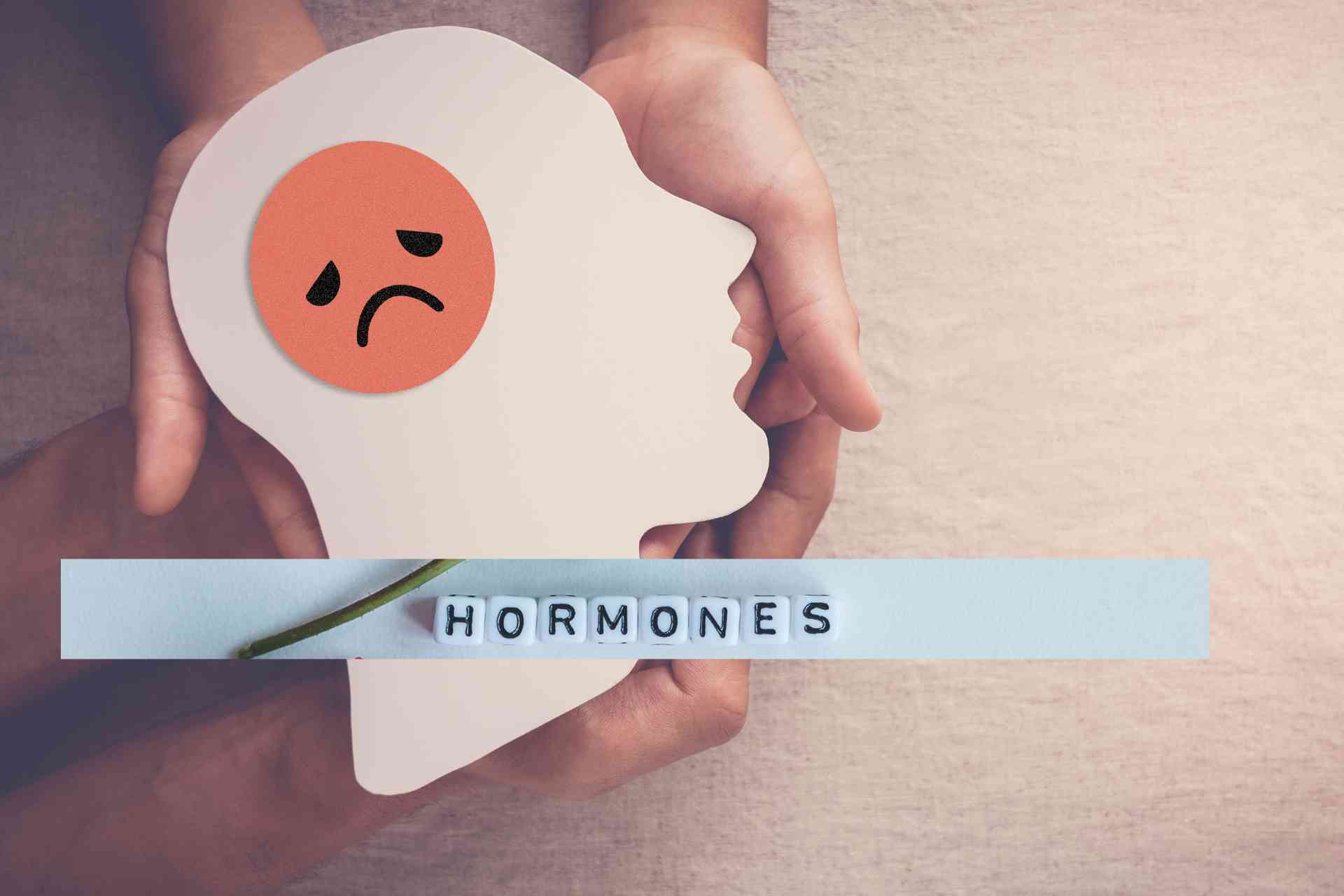Hormonal imbalance is a complex condition with no singular cause. Various factors contribute to its onset, each impacting the body’s hormonal regulation differently. Understanding these causes is crucial for managing symptoms effectively and seeking appropriate treatment.
Main Cause of Hormonal Imbalance
Diabetes affects how your body uses insulin, a key hormone for controlling blood sugar. This condition can lead to hormonal problems. Thyroid disorders also play a significant role. Hypothyroidism is when the thyroid doesn’t produce enough hormones, slowing down body functions, while hyperthyroidism causes the thyroid to produce too many hormones, speeding up body processes. Thyroiditis, inflammation of the thyroid, disrupts hormone production, and hyperfunctioning thyroid nodules produce excess hormones.
Hypogonadism, where sex glands produce insufficient hormones, affects men and women differently, resulting in low testosterone or estrogen levels respectively. Cushing Syndrome, characterized by high levels of cortisol, can be triggered by long-term steroid use or tumors on the adrenal glands. Tumors on any hormone-producing gland can cause imbalances, whether they are benign or malignant.
Congenital Adrenal Hyperplasia, a genetic disorder, leads to imbalanced production of hormones like cortisol. This condition exemplifies how diverse the causes of hormonal imbalances can be.
When Treatment Becomes Necessary
While minor hormonal imbalances might not require intervention, severe cases can significantly impact the quality of life, necessitating medical treatment. Treatments vary depending on the underlying cause but may include hormone replacement therapies or medications that adjust hormone production.
Conclusion
Hormonal imbalances stem from various sources, each affecting the body’s endocrine system uniquely. By recognizing the cause of hormonal imbalance early and understanding the underlying causes, individuals can seek appropriate treatment to restore balance and maintain their health.


